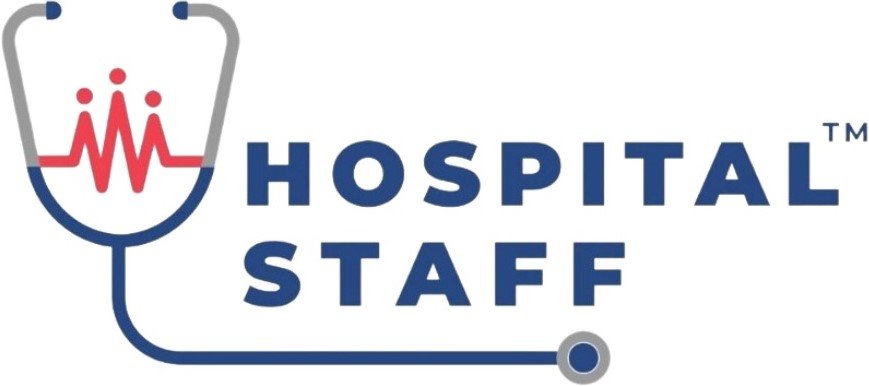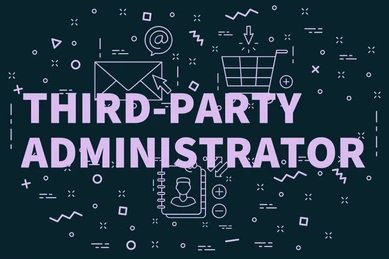“Insurance is complex.” Phrase that you will hear every time someone talks about insurance. Well, here comes the third-party administrator, Health Insurance, to assist. This entity makes insurance as simple as possible. TPA is a corporation and sometimes a single person that is registered with the Insurance Regulatory and Development Authority of India and offers a variety of health-related insurance services. The TPA health insurance manager is responsible for making insurance claims easy. Now, among the many workers in a hospital, TPA is also there to help you out and make your hospital visit easy and simple. Many hospitals have TPA desks where you can find them and get help with your insurance. The third-party administrator primarily assists hospitals and patients by acting as an intermediary between the hospital and the insurance company; As a result, many hospitals now have their third-party administrator, Health Insurance, which assists patients in claiming their health insurance and getting the best health insurance as well. Not only that, but the TPA assists policyholders when they are hospitalized by managing their insurance plans and making the entire process hassle-free. In this article, we will understand the responsibilities and skills of third-party administrators in the healthcare industry.
Role of a Third-Party Administrator Health Insurance

The third-party administrator actively participates in several crucial roles within the hospital staff, including
Claims Management
In addition to handling health insurance plans and the filing and processing of claims from healthcare providers, third-party administrators also have to make sure that clients receive compensation on time and appropriately. They must ensure that all requirements, such as providing the necessary documents and supporting their claims, are completed.
Member Services
The TPAs are in charge of providing the hospital’s in-need insurance service. They must assist customers in comprehending the advantages of an insurance plan, resolving their problems, comprehending their worries, assisting with billing problems, and navigating the insurance plans they have chosen. In addition, the TPA is in charge of collecting the bills from the hospital and approving the claim.
Arrange Services
As with other workers in a hospital, sometimes TPA’s other responsibilities also include scheduling doctor’s appointments, enrolling consumers in the well-being program, and arranging for services for policyholders, such as calling for an ambulance.
Data management
The TPA Health Insurance Manager is responsible for managing the data of its clients. This includes handling, analyzing, and reporting the data related to insurance claims and the plan’s performance. The TPA’s responsibility is to assist its clients by delivering a comprehensive report on their insurance plan, assisting them in making decisions, and making them understand the entire plan.
Guiding
Being the TPA in the hospital. It is your responsibility to confirm the document and the patient’s medical coverage. You also need to provide guidance on the following steps and how to file an insurance claim, among other things.
Skills for becoming a successful TPA health insurance manager
There are differences between becoming a TPA and a TPA Health Insurance Manager among hospital staff. Hospital work has unique issues that require a variety of talents to successfully address. Here are some of the key skills that working as a TPA in a medical staff requires.
Empathy
In addition to handling paperwork, TPAs occasionally need to be empathic with their clients and give them emotional support, as you never know what they are going through or their issues.
Staying Alert
To fully grasp the essence of your client’s problem or query, you must remain vigilant, which calls for the active use of your active listening and comprehension skills. Being on medical staff implies that you never know when an emergency may arise, so you have to be vigilant and precise in your work. These abilities enable you to establish the kind of trust necessary for enduring relationships with clients.
Tailored pitches
People do not readily accept health insurance policies, so you must be inventive in your sales pitch and get them the best insurance plan. Adjust your pitch to the needs of the client.
Mindfulness
It is imperative to have mental clarity and a sophisticated capacity to identify and handle emotional cues when working in a hospital. Being mindfully present can assist you in understanding your client’s tone; a pause or sign can tell you about the worries that will surround you.
Technically Expert
It is imperative to stay current with technological software that aids in storing customer information, given the rapid advancements in technology. The ability to provide expert-level services and get the highest-paid job is made possible by being up-to-date with technological advancements.
Conclusion
As middlemen who oversee and expedite the management of health benefit plans, third-party administrators are essential to the healthcare industry. Their duties include member services, arranging services, guiding, and processing claims, all of which are essential to the smooth running of health insurance plans. If one is interested in working in this industry, obtaining the required training, experience, and abilities can lead to several options within the medical staff in the hospital. One can also get TPA in hospitals by registering themselves on the hospital staff website, which regularly posts about high-paying jobs available in the best hospitals across the nation. Furthermore, knowing the duties and responsibilities of TPAs helps to clarify their significance in the healthcare industry and emphasizes the variety of job options that are available in this vital industry.

